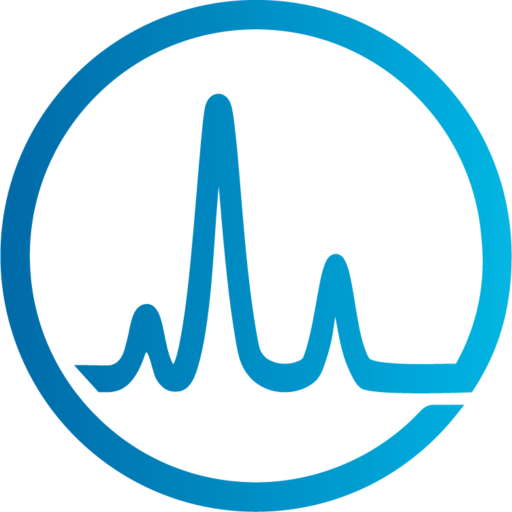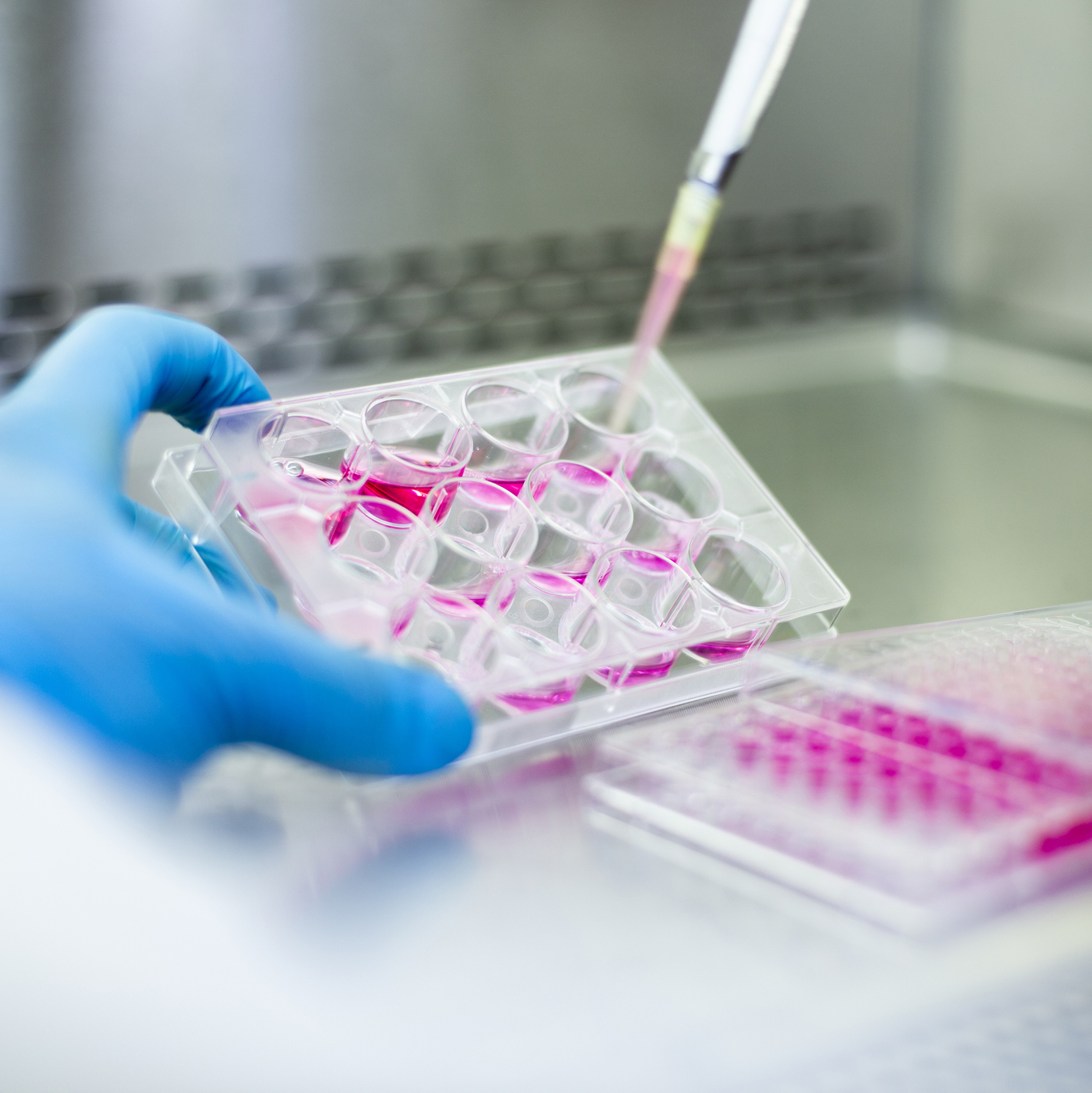Biological testing in drug discovery
The cytotoxicity test is one of the biological evaluation and screening tests that use tissue cells in vitro to observe the cell growth, reproduction, morphological effects, and death caused by a material/substance. Cytotoxicity tests assess cell death caused by a material by measuring cell number or growth before and after exposure to that material.
Cytotoxicity (i.e. being toxic to cells) is almost by default an unwanted characteristic in drug discovery and development since cytotoxic compounds could have serious adverse effects. Exposure of newly synthesized biomaterials and drugs to humans needs strict monitoring to minimize or prevent the aftereffects. The ISO 10993-1: 2018 standard defines biocompatibility as the “ability of a medical device or material to perform with an appropriate host response in a specific application”. Cytotoxicity is a biocompatibility test performed on mammalian cells in culture according to ISO 10993-1: 2018-5
Endpoint tests for cytotoxicity
- Two endpoints’ tests for cytotoxicity are MTT (MTT [3-(4,5-dimethylthiazol-2-yl)-2,5-diphenyl tetrazolium bromide]) test and WST (a water-soluble tetrazolium) test, being colorimetric assays based on different tetrazolium salts
- Two endpoints’ tests for cytotoxicity based on membrane damage – Neutral Red Uptake test and propidium iodide (PI) membrane integrity
Continuous test for cytotoxicity
- Cell viability continuous monitoring with RealTime MT Cell Viability Assay in the same sample well out to 72 hours to obtain more information about the mode of action of a treatment regarding time and dose dependence.
Oncology drug discovery
- A wide range of cancer cell lines is available for oncology drug discovery programs. The cancer cell panel provides powerful tools for cancer research and drug discovery. We offer a wide range of cancer cell lines screening for single agent potency (% inhibition & IC50) and also synergy of combination different compounds.
Antimicrobial susceptibility test
- The Kirby-Bauer disk diffusion susceptibility test determines the sensitivity or resistance of bacteria to various antimicrobial compounds. Whilst this method is primarily used for antibiotic susceptibility, it can be used to test other antimicrobials, such as the effectiveness of newly available drugs. We use different bacterial strains of gram-positive and gram-negative bacteria like E. Coli, Bacillus cereus and others. Also, food systems pathogens like L. monocytogenes or other pathogens, like H.pylori or B. Burgdorferi are available for testing. If you need testing against a specific type of bacteria that is not listed, please email us.
Microbial identification service
- Identification of bacterial (aerobic and semi-aerobic) isolates from environmental monitoring programs in manufacturing facilities
- Identification of (aerobic and semi-aerobic) bacteria that are contaminating products or causing other issues within production processes and environments
The research is conducted by inoculating samples onto solid nutrient media and enrichment media using a manual method. Microorganism identification is performed using mass spectrometry using MALDI Biotyper device, BRUKER, Germany. Additionally, it is possible to determine antimicrobial susceptibility using the disk diffusion method.



